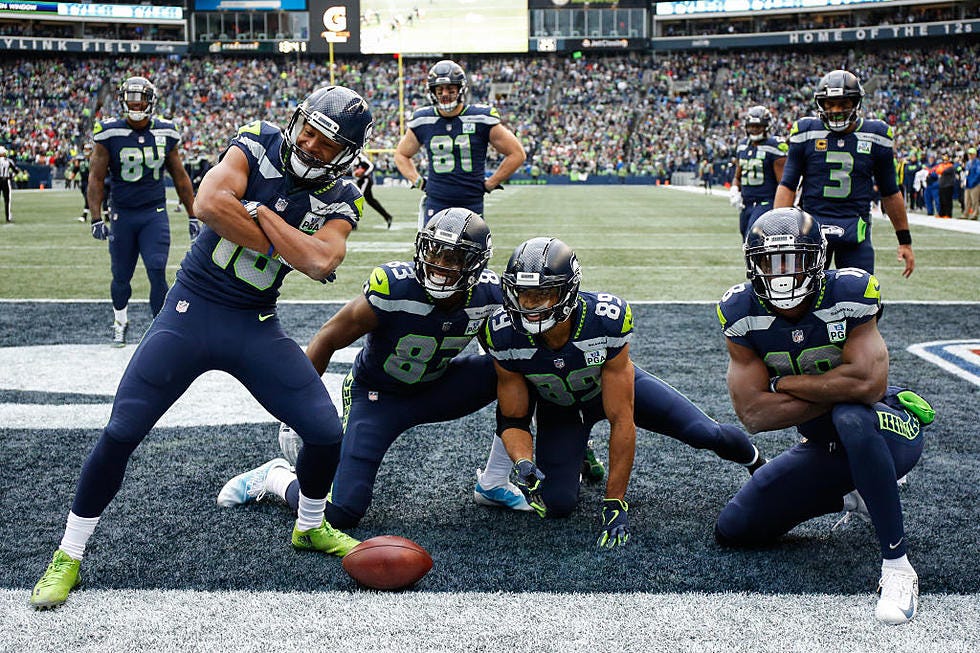In my teens and early twenties I was an avid sports fan, at least of pro football and basketball. I kept up with all the team records and player stats, and was glued to the TV at game time. Now I couldn’t even tell you which NFL team is the current Super Bowl champion. I gradually left fandom behind as I grew into adulthood and simply no longer had the …
Keep reading with a 7-day free trial
Subscribe to Culture Warrior to keep reading this post and get 7 days of free access to the full post archives.




